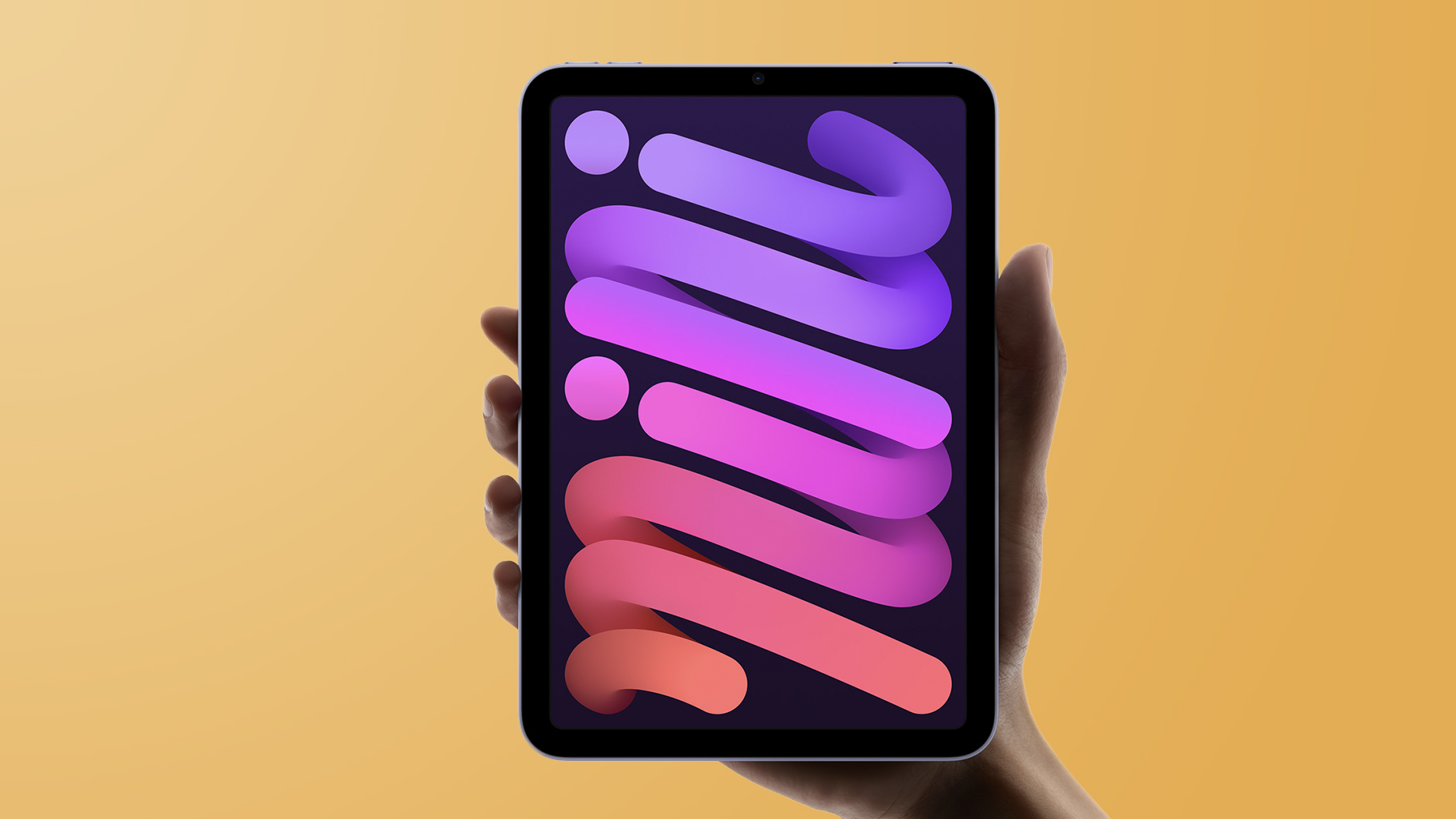Rollable devices definitely seem that the best way to avoid the hinge / creasing issues
The problem is having a rollable material that doesn't have memory so it will alway lay flat when unrolled.
Sure, there are fan sites for Samsung and Android
Samsung has a fan site?
What an utter nonsense! Did you ever hold one in your hand? do you even realize the display cover is just plastic, not glass? It scratches super easy and you can't put tempered glass on it. Just a special Samsung screen protector. And you are not allowed to remove the screen protector by yourself because you could damage the plastic screen underneath.
I suspect a foldeable phone would be a boon for AppleCare+ sales for people who keep their phones greater than 1 year...
The Mini is a good test bed for this - fairly niche, sitting in a fairly unique spot in the line up. It's ripe for testing the waters.
I'm not so sure. The challenge is gauging success or failure for a new version of a product that I very niche already. Peopel may like teh fodablity but not the form factor and thus not buy it; givin the impression teh folding ability was not wanted.
’ll take that bet mostly on a very simple consideration: what was the form factor of a phone 50 years ago (1974)?
However, a seismic shift occurred along two fronts that drove the change:
1. Cellular technology enabled radio communications to move beyond niche uses
2. The growth of the infrastructure used by the Internet and VoIP greatly increased the range a radio telephone could reach and greatly reduced the costs of delivering services worldwide
Until a similar shift occurs, such as usable and affordable VR technology, you are unlikely to see a dramatc change in form factors.
If the current form factor was a limiting as the old corded phone, land line or marine telephone, cellular watches and BT earphones would be vastly more popular.



